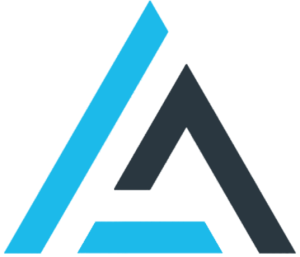Digital Transformation
Department of Business Administration
Course outline
(1) General Information:
School | Economics & Social Sciences | ||||
Department | Business Administration | ||||
Level of Studies | Undergraduate | ||||
Course code | 609 | Semester | 6 | ||
Course title | Digital Transformation | ||||
INDEPENDENT TEACHING ACTIVITIES | Weekly teaching hours | ECTS | |||
4 | 5 | ||||
| |||||
Type of course
| ELECTIVE | ||||
Prerequisite course | |||||
Language of instruction and exams | Greek | ||||
The course is offered to Erasmus students | ΝΟ | ||||
Course URL | Eclass | ||||
(2) Learning outcomes:
Learning outcomes | |
| |
Digital Transformation is an elective course that aims to introduce students to the concept and content of the ongoing change that takes place in the organizations, due to introduction of cutting-edge digital technologies. Moreover, it introduces students to the basic concepts and theories of e-business and e-government. After the end of this course students will be able to:
| |
General Skills | |
| |
1. Search, analysis and synthesis of data and information, using the necessary technologies 2. Adaptation to new situations 3. Decision making 4. Autonomous work 5. Work in an interdisciplinary environment 6. Generation of new research ideas 7. Exercise criticism and self-criticism 8. Promotion of free, creative and inductive thinking
|
(3) COURSE CONTENT
Search, analysis and synthesis of data and information, using the necessary technologies Adaptation to new situations and specifically to the accounting standards applied at any given time Value, value chain and digital transformation E-Business: digital business ecommerce technologies Ethics, ethics and cyber-security in business Blockchain and its role in secure transactions E-government: the transformation of the public sector, digital services, digital business models Intelligent governance architecture |
(4) TEACHING AND LEARNING METHODS - EVALUATION
TEACHING METHOD | face-to-face | ||||||||||||||||
USE OF INFORMATION AND COMMUNICATION TECHNOLOGIES | Use of Presentation Software [Power Point] with multimedia integration to make learning more engaging – Support the learning process through a dedicated learning platform [e-class] where supporting material is posted, on a weekly basis, and used. Through this interactive platform the teacher shares files, posts assignments, provides feedback. Use of T.P.E. in Communication with students – Communication with students via e-mail, the course's electronic platform | ||||||||||||||||
TEACHING ORGANIZATION
|
| ||||||||||||||||
STUDENT EVALUATION
| The evaluation language is Greek. This course description text, with the evaluation criteria, is accessible in the Department's Study Guide that is posted before the start of each academic year on the Department's website and on the course's online platform. Also, students are informed from the first lesson about their course requirements and their own obligations, the evaluation criteria and the requirements regarding the semester's assignments. he possibilities of the e-class platform are also exploited to the maximum. Evaluation and grading at the end of the semester is based on the final exam [100%]. The rating scale is 0-10. |
(5) BIBLIOGRAPHY
Greek
International
|

